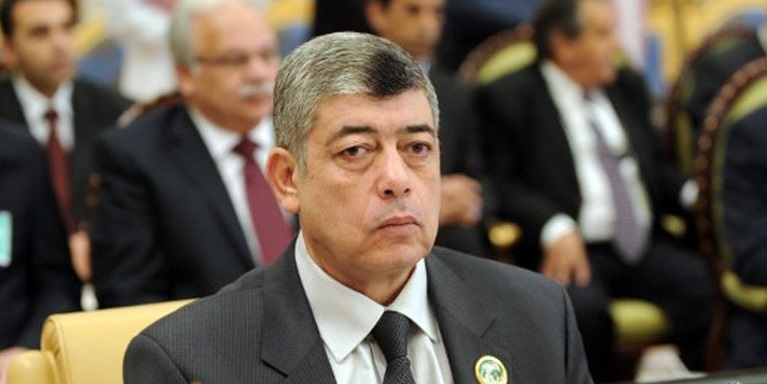CAIRO: Press Syndicate Chairman Makram Mohamed Ahmed, denied receiving any requests to publish Mohamed Hassanein Heikal’s so called “six censored letters addressing President Hosni Mubarak.
Heikal, who is one of Egypt’s most prominent writers and political analysts and who was the editor-in-chief of Al-Ahram daily newspaper during the Nasser era, allegedly wrote the six letters in 1982, but Ahmed insists that Heikal’s side of the story is “incomplete.
“I met Heikal after he was released from prison by President Mubarak in 1982. I asked him to write again for newspapers, Ahmed said.
“Heikal sent me those six letters and asked me to deliver them to [President Mubarak], which I did. Then I received a phone call from President Mubarak who told me that he had some comments on Heikal’s criticism on Sadat [who had put Heikal behind bars] – which he described as lacking facts.
“But Heikal did not have any further requests, Ahmed said.
But according to Al-Masry Al-Youm newspaper, which was given an exclusive right to publish the letters, Heikal said that he had sent those letters to Ahmed during the latter’s tenure as the editor-in-chief of Al-Mosawwar weekly magazine upon Ahmed’s request; but that those letters remained unpublished until 2008.
In a two-page introduction to the six-letter series, Heikal wrote in Al-Masry Al-Youm: “It would not be an underestimation of history to refer to the political choices made by presidents and politicians as ‘political bets’ because that is what they are; but a political bet is not a gamble that depends wholly on luck, it entails great sacrifices if it fails…
Heikal then proceeded to analyze all the important peace and war decisions that were taken by Egyptian presidents.
“The 1973 Egyptian-Israeli war was a huge bet to free our land made by late President Sadat, who gathered all the Arab state under Egypt’s leadership to go through with this war, wrote Heikal.
But, he added, Sadat made another bet – a “peace bet – when he went to Israel to sign the peace treaty. But the problem with that, he said, was that Sadat started the peace bet without assessing its impact on Egypt s image or whether it can lead and continue a war.
Heikal claims that President Sadat had sent a letter to then US Secretary of State Henry Kissinger on Oct. 7, 1973, one day after the attack on Israeli in Sinai, where he affirmed that the Egyptian troops will not make further incursions into Egypt’s occupied land in Sinai.
Heikal says Sadat s letter undermined the power of the Egyptian army to reclaim its annexed land and showed Kissinger that Arab countries were only capable of being united for one day only – the day of the war.
According to Heikal 90 letters were exchanged between Kissinger and Sadat in the period between Oct. 7 and Nov. 5, 1973.
He concludes that Sadat’s bet on peace and the US as an ally was a wrong move that had serious negative consequences, as it weakened the image of Egypt s military potential, sacrificed Arab trust and disbanded Arab unity.
Sadat s ironic assassination on Oct. 6, 1981 is proof of this failure, said Heikal.
